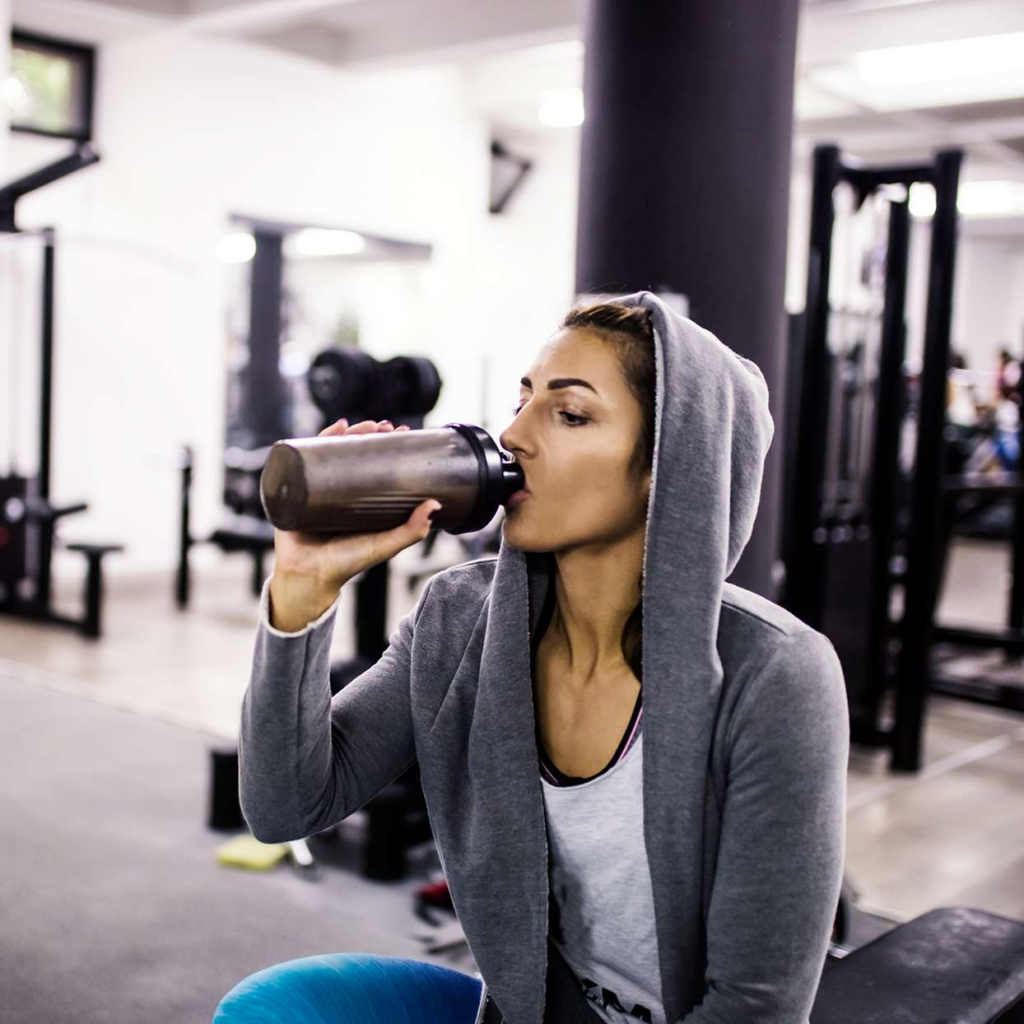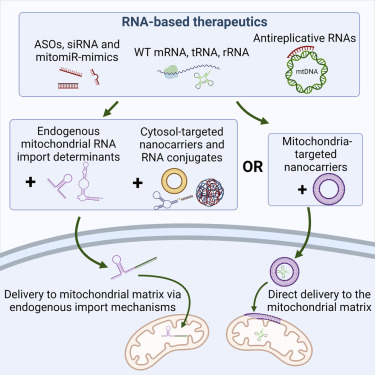Nutrition and Diet Trends Among Elite Athletes: Fueling Performance. In the high-stakes world of professional sports, athletes continually seek ways to gain a competitive edge. While rigorous training and cutting-edge technology play significant roles, the foundation of peak performance often lies in a less obvious but equally critical factor: nutrition. Top athletes are turning to specialized dietary habits and nutritional strategies to optimize their performance, recovery, and overall health.
The Science Behind the Plate
Sports nutritionists emphasize that individualized nutrition plans are essential for athletes. These plans are meticulously tailored to meet the specific demands of their sport, training regimens, and personal health needs. Dr. Sarah Jenkins, a leading sports nutritionist, explains, “Nutrition is not one-size-fits-all. Each athlete’s body responds differently to various foods and nutrient timing. We develop personalized strategies to maximize energy, recovery, and performance.”Nutrition and Diet Trends Among Elite Athletes: Fueling Performance
One popular trend among elite athletes is periodized nutrition, which involves aligning dietary intake with different phases of training cycles. This approach ensures that athletes consume the right amount of macronutrients—carbohydrates, proteins, and fats—at optimal times to support their training and recovery needs.
Carbohydrate Loading and Timing
Carbohydrate loading, once reserved for endurance athletes, is now being adapted across various sports. The strategy involves increasing carbohydrate intake in the days leading up to an event to maximize glycogen stores in muscles, providing a readily available energy source during high-intensity activities.
Emma Watson, a professional marathon runner, shares her experience: “Before a major race, I gradually increase my carb intake, focusing on whole grains, fruits, and vegetables. This helps me maintain energy levels throughout the race without experiencing the dreaded ‘wall’.”
The Role of Protein
Protein is crucial for muscle repair and growth. Athletes are advised to consume high-quality protein sources throughout the day, particularly after workouts. The trend of using plant-based proteins is growing, driven by concerns about sustainability and health benefits.
James Miller, a professional soccer player, has transitioned to a predominantly plant-based diet. “Switching to plant-based proteins has improved my recovery times and overall energy levels. I feel lighter and more agile on the field,” he says.
Hydration Strategies
Proper hydration is vital for athletic performance. Dehydration can lead to decreased performance and increased risk of injury. Athletes now focus on personalized hydration plans, often using electrolyte-rich drinks to maintain fluid balance.
Nutritionist Dr. Rachel Lee notes, “Athletes lose significant electrolytes through sweat. Replenishing these minerals is essential, especially in endurance sports or hot climates. Customized hydration plans help maintain performance and prevent cramps or heat-related issues.”
Supplements: Friend or Foe?
While whole foods are the cornerstone of an athlete’s diet, supplements can play a supportive role. Common supplements include protein powders, branched-chain amino acids (BCAAs), and omega-3 fatty acids. However, the emphasis is on using supplements to fill nutritional gaps rather than replace real food.
Olympic swimmer Michael Stevens advocates for a balanced approach: “Supplements are just that—supplements. They’re not a substitute for a well-rounded diet. I use them to ensure I get enough nutrients, especially during intense training periods.”
The Future of Sports Nutrition
As sports nutrition continues to evolve, technology plays an increasing role. Wearable devices that monitor hydration levels, blood glucose, and nutrient deficiencies are becoming more common, allowing for real-time adjustments to an athlete’s diet.
Dr. Jenkins predicts, “The future lies in precision nutrition—using data to create even more tailored nutrition plans. This approach will revolutionize how athletes fuel their bodies, leading to enhanced performance and reduced injury rates.”
Conclusion
Nutrition is a pivotal element in an athlete’s performance arsenal. By adopting sophisticated dietary habits and leveraging the latest in nutritional science, elite athletes can push the boundaries of what their bodies can achieve. As research continues to uncover the intricate links between diet and performance, one thing is clear: the right nutrition strategy can be a game-changer in the quest for athletic excellence.














